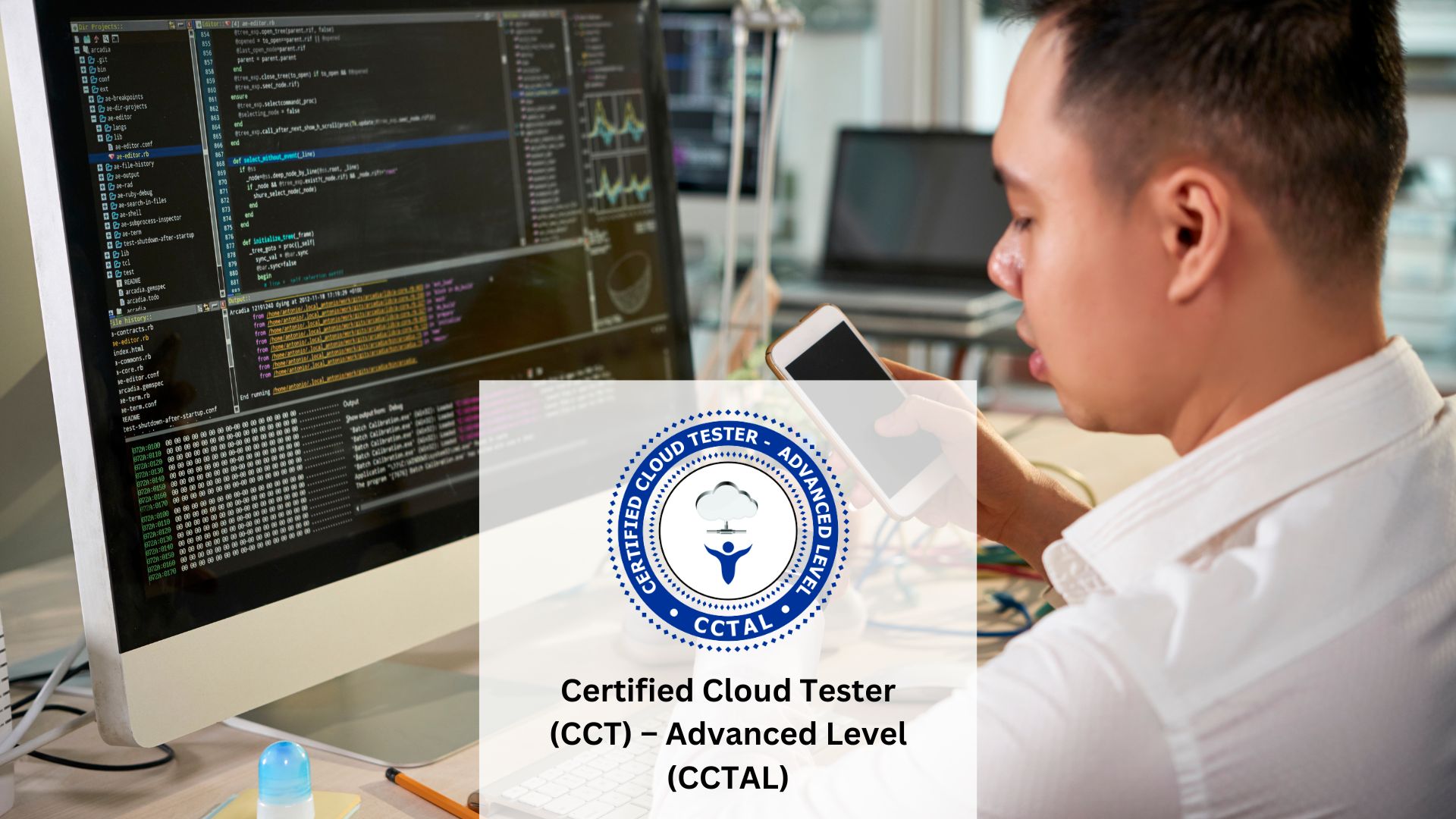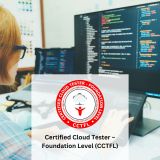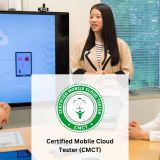Overview
This certification is for professionals who want to demonstrate advanced knowledge and expertise in testing cloud-based applications. It shows that the certified individual has a thorough understanding of cloud testing concepts and best practices.
Why Cloud Testing
Cloud testing is ideal for today’s mobile and online economy. With rapid growth in mobile commerce and online platforms, applications must be tested for performance, reliability, and security under real-world conditions. Cloud testing offers a scalable, efficient way to simulate various usage scenarios and manage testing resources.
Key Benefits
- Enables centralized management of testing devices
- Supports rapid reallocation of resources based on project priority
- Increases overall testing efficiency and effectiveness
Pre-requisite
Certified Cloud Tester – Foundation Level (CCTFL) certification is required
E-course duration
20 to 25 hours
Exam pattern
- 50 multiple choice questions
- Pass mark: 80 percent (40 correct answers required)
- Duration: 1 hour
- Non-proctored exam, available anytime within an 8-month period
- Two attempts included with the exam voucher
Certification validity
Valid for life
Course Outline
Module 1 – Functional Testing of Cloud Applications
- SaaS
- Pros and cons
- Layers of cloud testing
- Views of testing
- Identifying functions to test
- How functions are implemented
- Service implementation
- Prioritizing functions
- Testing workflows
- Organizational view vs product view
- Testing methods
- Process and data relationship
- Structured testing
- Test metrics and physical items
- Time budgeting
- Agile testing
- Business process testing
- Using classification trees
- Incident reporting and tracking
- Regression testing
Module 2 – The Role of Test Automation
- How automation supports cloud testing
- Risks and considerations
- Functions suitable for automation
- Tool options
Module 3 – Testing Cloud Security
- Importance of security in cloud
- Security benefits and risks
- Key questions and compliance requirements
- Data encryption methods
- Policy and key management
- Role of SLAs and auditing
- Governance and guidelines
- Cloud security testing process
Module 4 – Testing Cloud Performance
- Examples and performance concerns
- Service level agreements
- Traffic profiling
- Designing and conducting performance tests
- Tools for performance testing
Module 5 – Testing Cloud Reliability and Availability
- Customer expectations
- Role of SLAs
- Monitoring and measuring availability
- Unified monitoring and dashboard reports
Module 6 – Transitioning to the Cloud
- Business value and risk analysis
- Risk mitigation strategies
- Application transition planning
Target Audience
- Developers
- Architects
- Software testers
- Web testers
- Anyone interested in cloud testing as a career path








